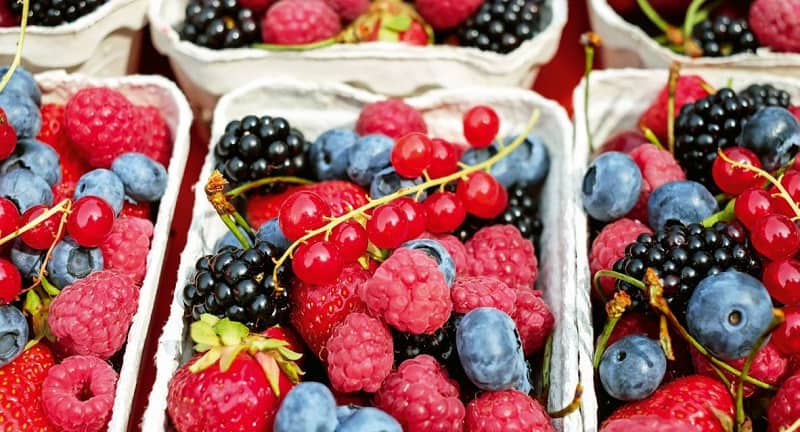From the plate back to the seed
Whether we eat and drink healthily is not decided only after consumption, but usually long before. The processes and controls along the entire value chain are decisive. It is difficult to gain an insight into this, but it is particularly important.

For industry experts, (the highest possible) transparency is even indispensable. A high level of transparency is even indispensable. A ver-
chain was made possible by the Lucerne Food Day 2019, which was booked out at an early stage. Invitations were extended by bio.inspecta AG and SQS. Present were 220 "food insiders" (also from the health sector) - from specialist retailers to wholesalers, producers and processors to quality inspectors and food engineers. "Sensing what is currently happening in the industry", "net-working" and "exchange of experience at an advanced level" were the most frequently cited motives for coming. "The interest in the Swiss Food Day is indeed persistently high, and the feedback from the 'food community' is gratifyingly positive," stated CEO Felix Müller of the Swiss Association for Quality and Management Systems (SQS) at the end of the conference.
Three topics in focus
This year's meeting focused in particular on viruses, pesticides and genetic engineering in everyday food. All three key words have been at the top of the agendas of science, agriculture, business and politics for some time, and therefore receive a great deal of attention in the daily and specialist press, on television ("Arena", "Kassensturz", health programmes) and in the social media.
1) Evaluation of pesticides
Dr. sc. nat. Daniel Imhof, cantonal chemist of the original cantons, devoted himself to a practice-oriented "Assessment of pesticides". His inputs focused, for example, on questions such as how pesticides are perceived by stakeholders, the routes of contamination and the boundary between conventional and organic farming.
2) GMOs in everyday food
Bernadette Oehen, Dipl. biol. ETH, Head of the Consumption and Food Group of the Research Institute of Organic Agriculture (FIBL), Frick, provided information on "GMOs in everyday food" by presenting the
"Seeds and plant materials are and will remain central elements in the food chain."
current situation of genetic engineering with the challenges of the future. With her conclusion that "seeds and plant material are and will remain central elements in the food chain", she closed the circle of thought on the speakers at the conference.
3) Viruses in the food chain
Special attention was paid to the presentation by Prof. Dr. med. vet., Dr. h.c. Roger Stephan, Director of the Institute for Food Safety and Hygiene at the Vetsuisse Faculty of the University of Zurich, on the subject of "Viruses in the food chain: Where are the risks? And what are possible measures?". The scientist, who is also in demand on television, knows how to make his complex subject understandable in a comprehensible way. On the fringes of the conference, he answered our questions with practical answers (see box).









